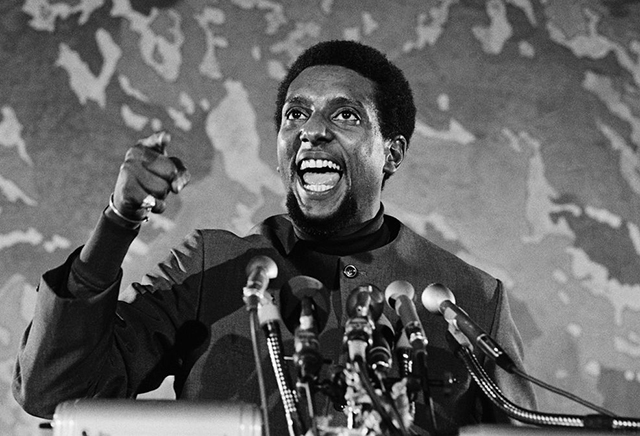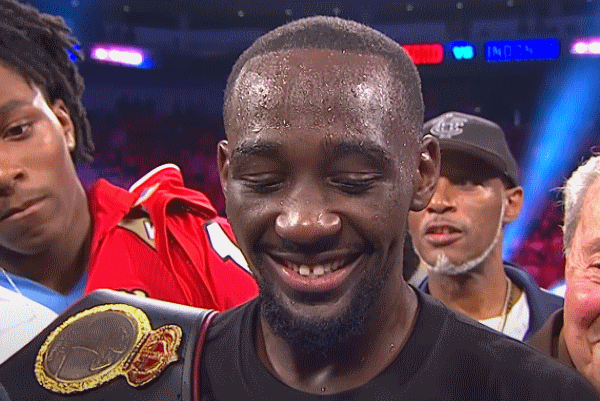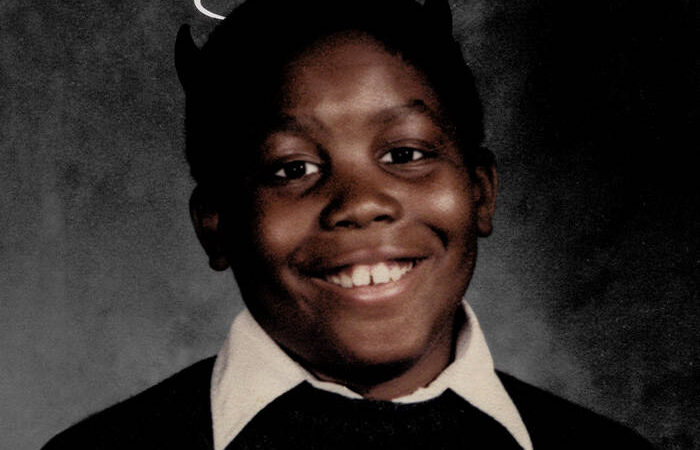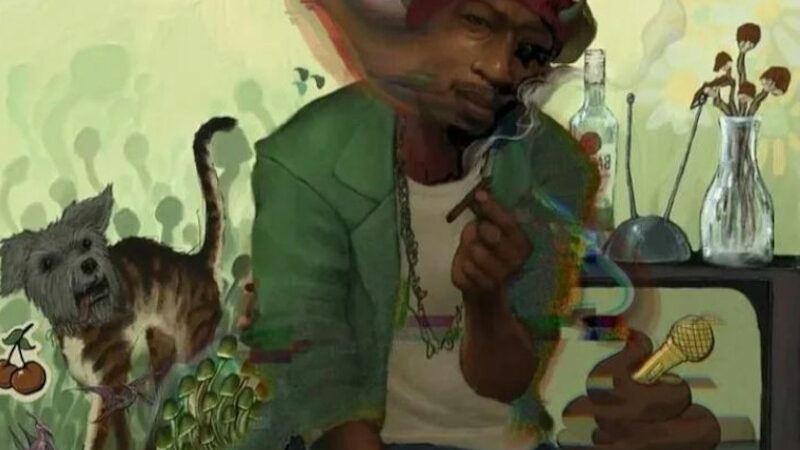By TJ Love
Black Power. For Black folks, the meaning of the term is self evident. Black Power was here before any other rallying cry and it will always be the most relevant, impactful, unimpeachable, and sturdy ideal for us to strive for when all the catch phrases and hashtags fade away.
This idea is not about asking and pleading for the oppressive dominant culture to recognize our humanity; to stop killing us with all the accoutrements of institutional racism and anti-Black social architecture that are ingrained in these United States.
Black Power is a non-negotiable demand couched not in anti-Whiteness, but in being Pro Black. It does not manifest at the expense of anyone else, but calls for the rights of self determination, love of self, love of community, and ultimately love of one’s people.
Black Power has been a part of our struggle since the arrival of our ancestors on these shores, but few people know the origin of the phrase. The first person to put it into words was Civil Rights luminary Stokely Carmichael.
Stokely immigrated from Trinidad to NYC in the middle of his childhood and when he began schooling his intellect was immediately apparent. Stokely attended Howard University at a time when the first rumblings of a nation struggling with “The Race Question” was about to reach critical mass.
Carmichael was a founding member of SNCC (The Student Nonviolent Coordinating Committee), an organization that led the way in organizing Southern Black people around the right to vote and other civil rights issues. He was close with both Dr. Martin Luther King and Malcolm X, but as he matured he began to gravitate more towards Malcolm’s strident, uncompromising worldview than those of the aforementioned King, frequent X foil Bayard Rustin, and those of establishment civil rights organizations like the NAACP and the SCLC (Southern Christian Leadership Conference).
SNCC had been in the belly of the beast in Dixie enduring calculated, wanton violence including murder. While SNCC itself was a proponent of the type of nonviolence that King espoused, they eventually came to terms with the fact that they couldn’t in good faith ask those who actually lived in the South to put aside protecting themselves, families, and communities for a modus operandi that did not jibe with the reality they had lived for generations.
Off the record, Carmichael and SNCC would work complicitly with the Deacons of Defense for the protection of activists, such as the Freedom Riders and local organizers, from a violent, bloodthirsty Ku Klux Klan intent on maintaining the status quo.
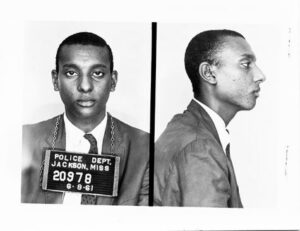
As SNCC grew, it’s democratic decision-making eventually made any sort of concensus on strategy on how to proceed akin to herding cats. In the midst of a voting drive in Greenwood, MS, Stokely decided he was done taking beatings and having his head cracked stoically and in the backdrop of Medgar Evers’ assassination, he originated the phrase Black Power in a powerful speech.
In his autobiography, Ready For Revolution (pg. 507) the seminal moment is captured for posterity.
[Cleve Sellers remembers:
‘Realizing that he was in his element, with his people, Stokely let it all hang out. “This is the twenty-seventh time I have been arrested–and I ain’t going to jail no more!” The crowd exploded into cheers
and clapping. “The only way we gonna stop them white men from whuppin’ us is to take over. We been saying freedom for six years and we ain’t got nothin’. What we gonna start saying now is Black Power!”
The crowd was right with him. They picked up his thoughts immediately.
“BLACK POWER!” they roared in unison.
Willie Ricks, who is as good at orchestrating the emotions of a crowd as anyone I have ever seen,
sprang into action. Jumping to the platform with Stokely, he yelled to the crowd, “What do you want?”
“BLACK POWER!”
“What do you want?”
“BLACK POWER!”
“What do you want?”
“BLACK POWER!! BLACK POWER!!! BLACK POWER!!!!”
Everything that happened afterward was a response to that moment.’]
Carmichael would continue organizing stateside, being instrumental in assisting with the formation of the Fannie Lou Hamer-led Mississippi Freedom Democratic Party, an independent entity that made historic waves as direct opposition to the disenfranchisement of Mississippi’s Black voters. While not a formal member, he was the godfather of the Black Panther Party. Stokely was instrumental in the Party’s birth by imparting organizational experience, know-how, and political theory to Huey Newton, Bobby Seale, and Eldridge Cleaver.
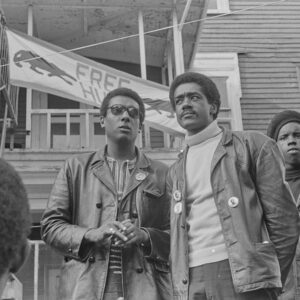
(pictured: Stokely Carmichael and Bobby Seale)
When pressure from the CIA got too intense for him stateside Stokely, went to Ghana and Guinea to assist in the anti-colonial
struggles there, which were led by Kwame Nkrumah and Sekou Toure respectively, and it was a combination of these two names of his mentors that birthed his African name, Kwame Ture.
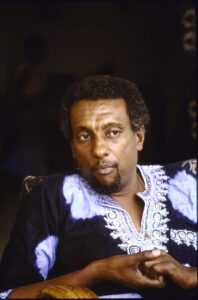
The trio formed the All African People’s Revolutionary Party, which is still active today. Stokely was a bridge between MLK and El-Haj Malik Shabazz, and it was his ability to synthesize both of their philosophies that make him, probably, the third most influential person in the Civil Rights Movement.

